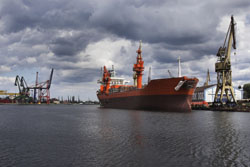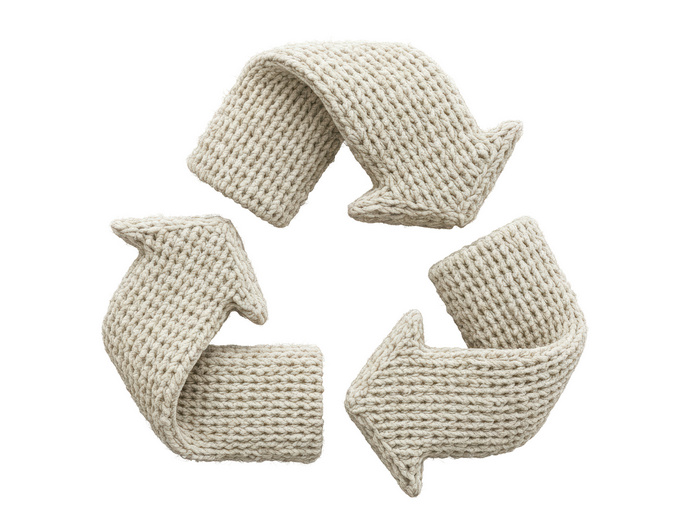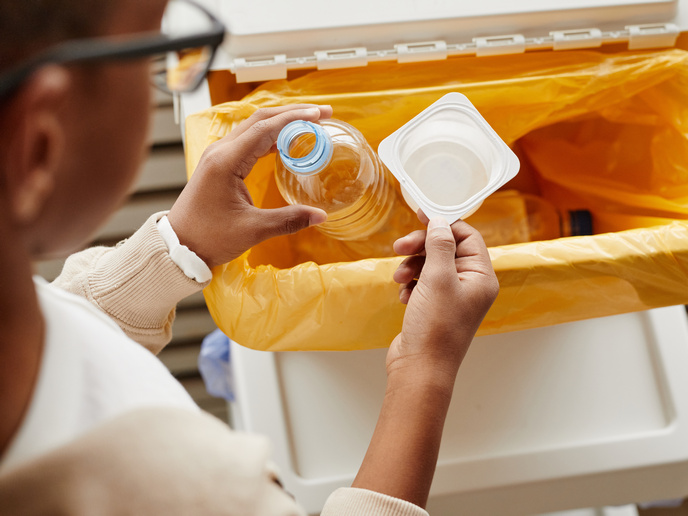Green European ship repair yards
Ships are expensive and complicated structures whose repair and maintenance takes place at over 400 small and medium-sized enterprises (SMEs) in Europe. These repair yards lack the resources to investigate and implement more advanced technologies leading to faster and better repair work at significant cost savings. The Community of European Shipyards’ Associations (CESA), formed in 2004 by the union of the Association of West European Shipbuilders (AWES) and its European Commission linking committee under the original name of CESA, sought to provide a solution. Scientists from the AWES Group initiated the EU-funded ‘Shiprepair to maintain transport which is environmentally sustainable’ (Shipmates) project to identify problems and requirements and provide a blueprint for the environmentally conscious ship repair yard of tomorrow. Investigators began by developing an Activity Map that defines all activities in the yard and their interconnections in order to use new technology effectively. Scientists looked at new technologies and processes related to cutting, welding, piping and cabling used at academic institutions and in industry. They combined the survey with an evaluation of current and future regulations to identify gaps in best practices and produce ship-repair-activity process-and-cost models. Scientists included ‘green’ options for ballast water treatment ensuring adoption of best practices regarding retrofitted vessels and new ones and thus equal quality. Overall, the consortium concluded that the major challenge for new technology implementation will be to facilitate small jobs that change frequently as they are more difficult to automate. Shipmates’ research and analysis provide valuable information regarding the current state of affairs in Europe’s SMEs working in the ship repair sector. The consortium also comprehensively outlined available new technologies, present and future regulations, and gaps in implemented and needed technology, all with a focus on sustainable practices. Europe’s ship repair SMEs now have the promised blueprint for improving efficiency and productivity while reducing costs to enhance their competitiveness in an important sector of the global economy.







